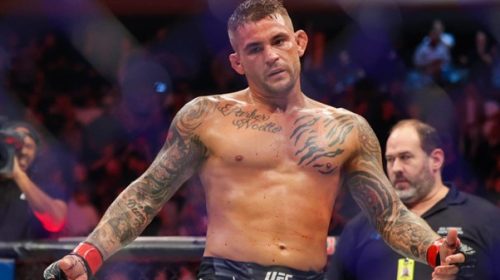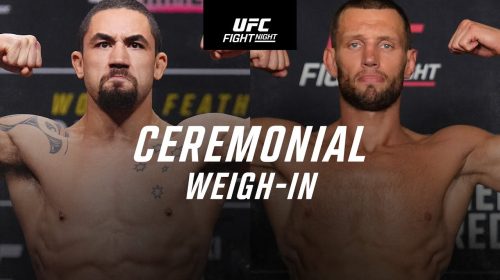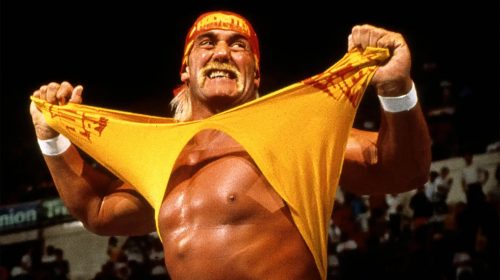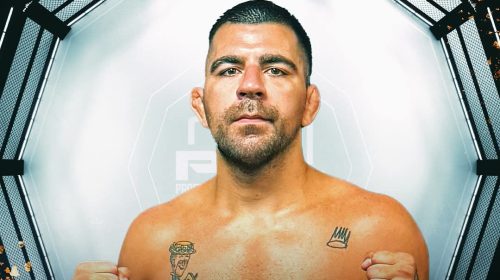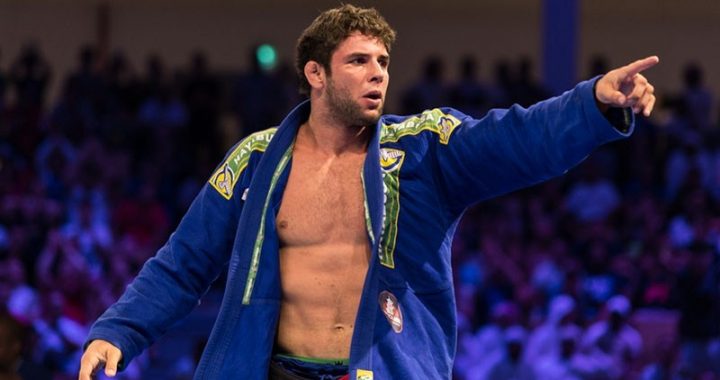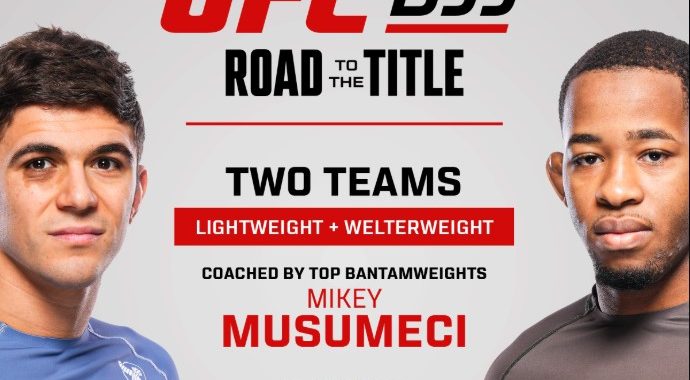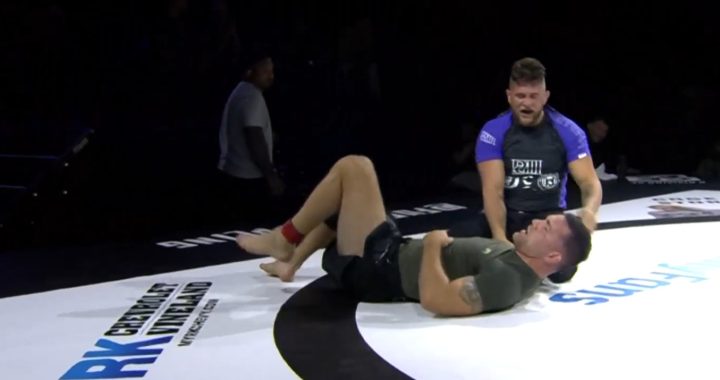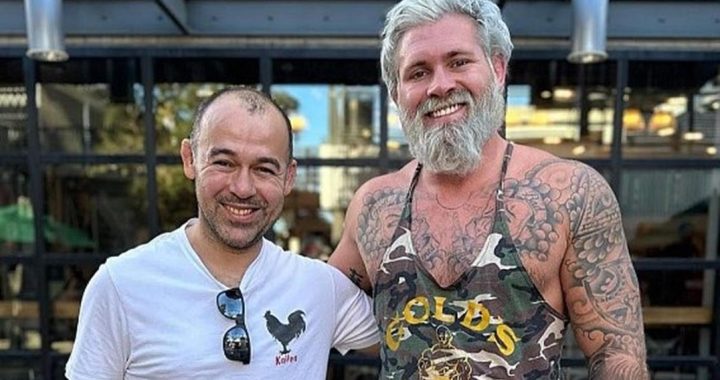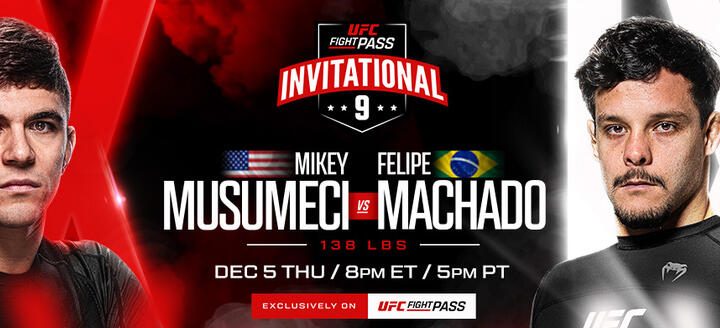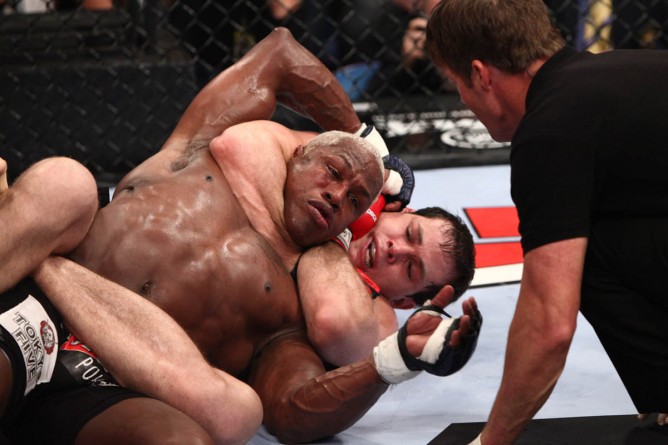
BJJ’s Role in UFC Events: Is It Still Relevant?
In 1993, the first UFC event generated a lot of excitement, not knowing how it will change the face of martial arts forever. At that first event more than two decades ago, each fighter entered the octagon with a specific fighting style: classic boxing, Muay-Thai, Kung Fu, and more.
Very few fighters represented the BJJ (Brazilian jiu-jitsu) fighting style, and they were largely considered as the underdogs. However, soon enough, people realized that this notion couldn’t be further from the truth.
Almost every single person who placed a bet, trying to determine who will become the ultimate fighter, was shocked to discover that the contestants who practiced BJJ were ahead of the curve when it comes to winning fights. Instead of striking hard and fast to take their opponents down, BJJ fighters took the battle to the floor, baffling their opponents and rendering them defenseless.
In time, more fighters began to train in BJJ, as they discovered that practicing different fighting styles, including Brazilian Jiu-Jitsu, is the smartest way to go.
Nowadays, when people place bets on MMA fights, they no longer think of BJJ fighters as the weaker link. So, use your no deposit codes at the Fair Go casino, score a few wins and then head over to bet on the local BJJ fighters.
However, since many fighters now learn multiple Marital Arts styles, does BJJ still has the same mouth-dropping effect in the UFC setting?
How the UFC Changed Over the Years
In the first UFC, Royce Gracie was able to prove that you can defeat the toughest opponents with a well-executed arm-bar or guard. Once others realized that adopting this fighting style can prove to be beneficial, a whole new brand of fighters was born.
Gracie won three out of the four first UFC tournaments. But once the rest of the fighters learned to defend themselves when the fight goes to the ground, it was clear that pure BJJ lost its surprise effect and its immediate efficiency.
While Brazilian Jiu-Jitsu was still a prominent part of MMA, fighters no longer felt they had to grapple to win. In fact, more fighters preferred to fight while standing, even those who had a black belt in BJJ.
At the end of the day, the fighting style that shocked the world when the UFC debuted, lost its effectiveness once more and more people began to practice the same fighting style. So, while a person still needs to know how to bring his opponents to submission, there is no longer a possibility for a UFC fighter to make his way to the top without training in other styles as well.
That’s the nature of the sport, I suppose. Fighters always need to learn new techniques and come up with new ways to outsmart their opponents, which means that fighters that rely on BJJ have to adapt to survive.
However, that doesn’t mean the fighting style is completely outdated.
According to an overview published by ESPN, the leading fighting style in the UFC is wrestling. Over the years, 28 fighters who came with a wrestling background won the coveted title. In the second place, there are BJJ fighters, who won 17 titles and in third place – boxing, with 12 wins.
That tells us that even though other fighting styles are more effective, BJJ is still relevant to some extent.
In Conclusion
So, what does that mean? While BJJ might not be the leading fighting style at the moment, it still produced more title owners than other styles. It remains relevant for serious fighters who want a real chance of becoming the next big name in MMA.
